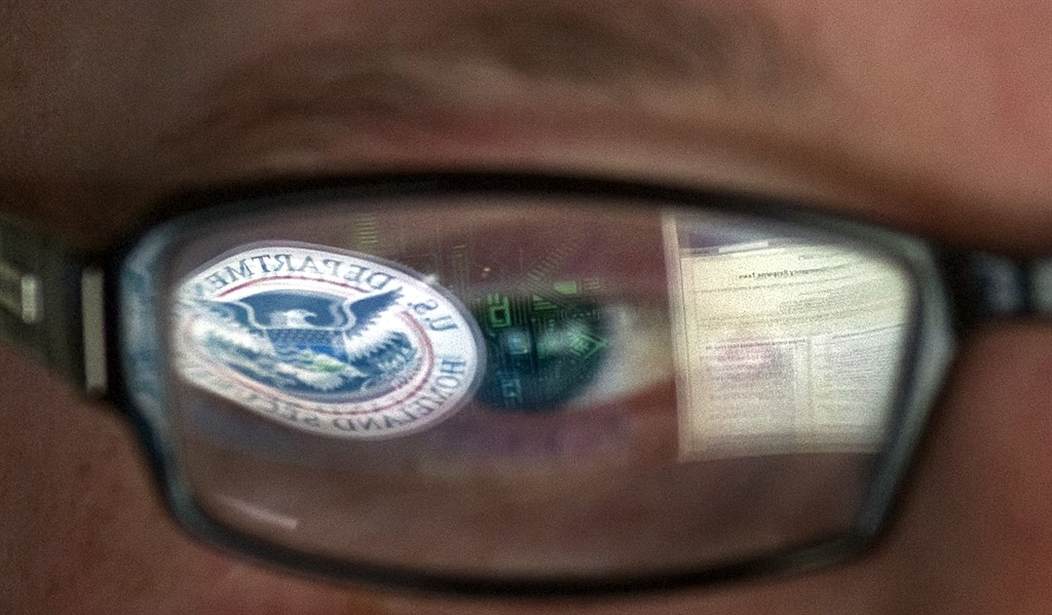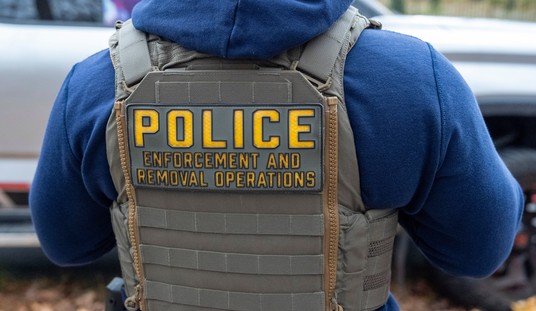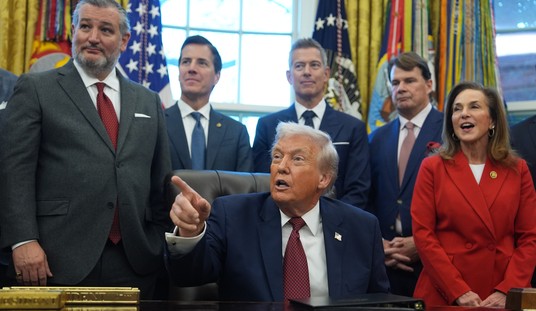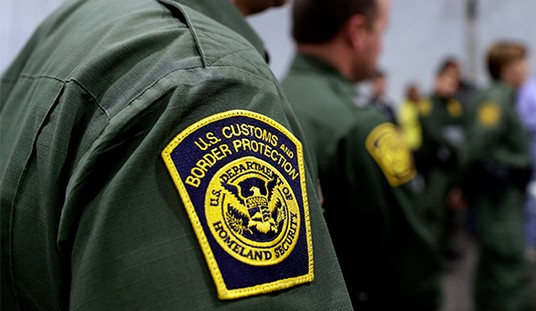A recent revelation shows how the Homeland Security Department sought to justify its efforts to censor information disseminated on social media platforms. Earlier this year, the agency’s attempt to conceal efforts to squash certain viewpoints online placed it under increased scrutiny amid nationwide concerns about federal agencies violating the First Amendment.
Now, a Fox News exclusive report exposed internal DHS documents in which officials tried to justify their actions as the White House’s ill-fated disinformation board was being formed.
Recent revelations, as unveiled in a Fox News report, about the Department of Homeland Security's (DHS) stance on "misinformation, disinformation, and malinformation" has rekindled longstanding concerns about the federal government's approach to free speech. At the core of the discussion is the relationship between national security and the First Amendment.
New documents obtained through Freedom of Information Act (FOIA) requests show that the Department of Homeland Security (DHS) argued that the agency has authority in regulating "misinformation, disinformation, and malinformation" despite the disbandment of the agency's highly criticized Disinformation Governance Board.
In heavily redacted memos obtained by Americans for Prosperity Foundation (AFPF) and reviewed exclusively by Fox New Digital, the agency appeared to circulate ahead of the launch of the disinformation board justification that DHS has regulatory or statutory authority in the "the MDM Space" – short for "misinformation, disinformation, and malinformation.
But because DHS withheld all the substance in these memos that AFPF requested via FOIA and then by a lawsuit, the group says DHS is effectively relying on secret authorities for its work in the "MDM Space."
"If DHS believes it has the authority to police people’s online speech, it should be open with the public about what those authorities are," AFPF Director of Investigations Kevin Schmidt told Fox News Digital.
"The idea that any agency with such vast political power believes it has the authority to determine what ideas count as good or true upsets the delicate balance of power established by our founding fathers," he said.
Of particular concern is the opacity of the documents, the contents of which have been heavily redacted. This essentially means the public might never be aware of the full scope of the agency’s censorious activities. Indeed, this is not the first time DHS has been caught trying to hide its actions. Without transparency, there can never be real accountability.
Another issue is the fact that DHS sought to silence certain viewpoints online, which is problematic from a First Amendment perspective.
Ken Cuccinelli, former deputy secretary of Homeland Security during the Trump administration, told Fox News Digital in a statement that "DHS does not have censorship authority."
"Making up a new government acronym – ‘MDM’ – does not change that legal fact," he said.
Another question is related to the nature of the redactions themselves. The agency made use of an exemption that enables them to redact information related to “techniques and procedures for law enforcement investigations.” This seems to imply that countering “misinformation” could involve law enforcement investigations. Moreover, how are they defining “misinformation” in the first place?
Alexei Woltornist, a former DHS assistant secretary, highlighted the possibility of targeting law-abiding Americans “just for saying things the government does not like.”
What is also troubling is that, according to the documents, the DHS had continued its censorship operations even after the Disinformation Governance Board had been disbanded.
The significance of these revelations cannot be understated. The DHS has been working to silence voices on social media under the guise of combating “misinformation.” This is precisely the type of action from which the First Amendment was designed to protect the citizenry.
More information will likely surface related to federal agencies using their positions to police information that is being shared on the internet. But so far, it does not appear anything will be done to address this issue.













Join the conversation as a VIP Member